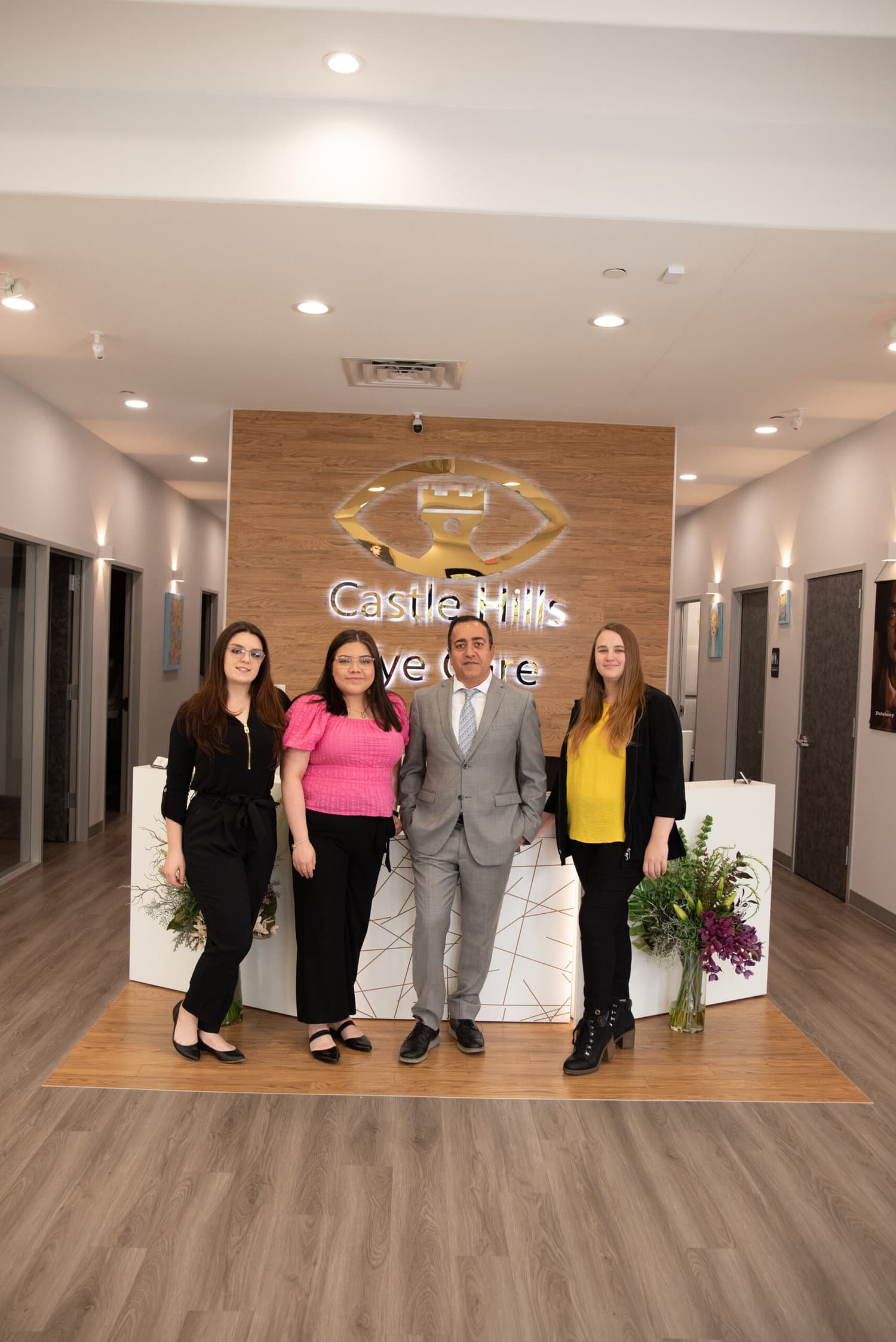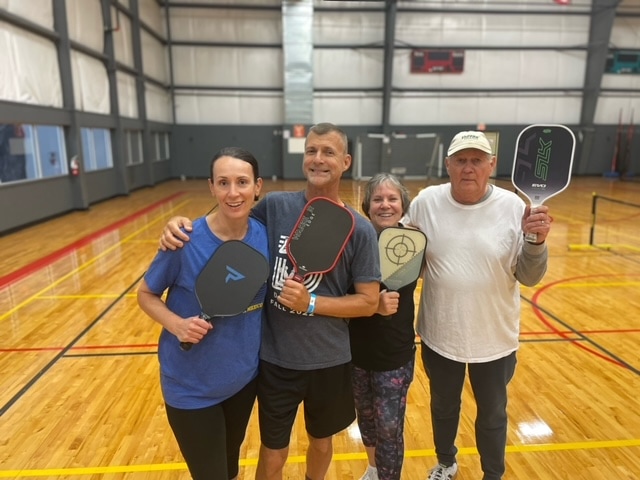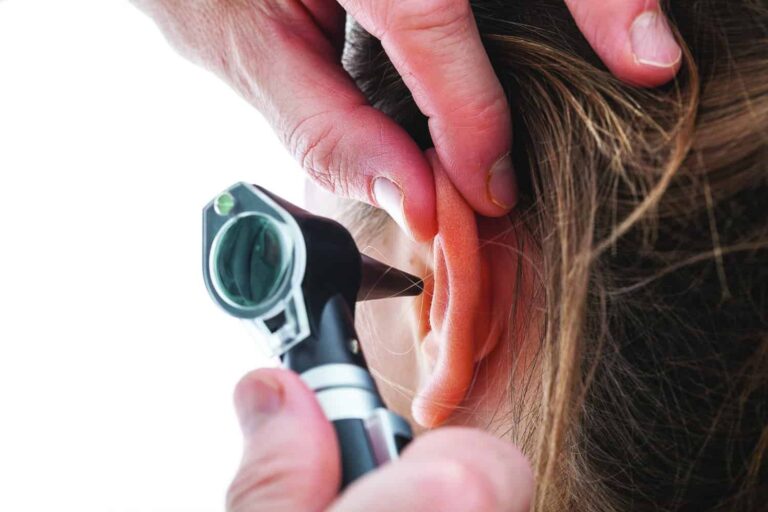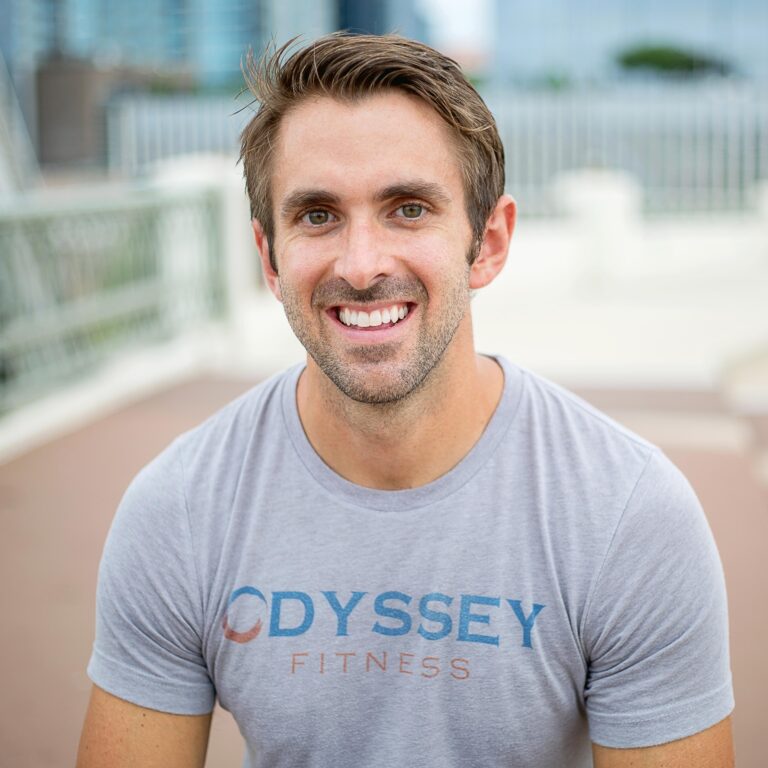Keeping a Close Eye on Your Vision Care
Castle Hills Eye Care
July is Dry Eye Awareness Month. That might not mean anything to you, but it does to the millions of individuals who suffer from ‘Keratoconjunctivitis Sicca,’ or dry eye disease or dry eye syndrome. It is a multifactorial condition, meaning it can stem from a number of factors or causes, and so it can have several methods of treatment for each individual case.
Fortunately for the Carrollton community and surrounding vicinity, we have an eye care professional who is willing and caring enough to work with patients that are suffering with dry eye symptoms. That doctor is Dr. Saied Hashemi, Therapeutic Optometrist, owner of Castle Hills Eye Care in Carrollton. Since opening the doors nearly three years ago, Dr. Hashemi and his team have focused on offering quality care for the entire family, with an unwavering commitment to personal and detailed attention for each patient.
With all this talk about dry eye syndrome, what exactly is it? “The disease occurs when your eyes either don’t produce enough tears, or produce poor quality tears, to provide the eyes with sufficient moisture,” Dr. Hashemi explained. “Symptoms include redness, severe burning or scratchy sensation, blurry vision, and watery eyes. Since this is a chronic condition, there is no cure, but we can relieve your discomfort and improve your symptoms considerably by focusing on increasing the quality and quantity of tear production and reducing inflammation.”
It takes time and a diligent doctor to determine what treatment or treatments would work best for each individual case of dry eyes. “I’ve always taken a special interest in the disease, in part because my mother is afflicted with it. She has multiple sclerosis, so her immune system is compromised,” Dr. Hashemi said. “She’s my number one patient.”
Dr. Hashemi has over 20 years of experience treating dry eye patients. “I focus on the eye’s glands and work to increase tear production naturally, without the secondary effects of drops and prescriptions,” he emphasized. “I promote natural supplements, though I will prescribe medications if I feel they’re a necessary alternative.”
Castle Hills Eye Care is proactive about using the most up-to-date equipment and performing the latest and most effective procedures for treating and diagnosing dry eyes. The TearLab Osmolarity System is a procedure used to evaluate the quantity and quality of your tears to aid in the diagnosis of dry eye disease, along with other methods of clinical evaluation.
Other treatments include the Zocular Eyelid System Treatment (ZEST) and Meibomian Gland Expression. “There are 25 meibomian glands on each upper and lower eyelid. With these procedures, we express the meibomian glands to open them up and clear any blockages. No anesthesia, no pain. It’s similar to ‘popping a pimple,” Dr. Hashemi explained in detail. “Over time, a biofilm develops over the glands right along the lid margin. We use the ZEST lid cleaning and debridement procedure, containing an okra gel to thoroughly clean the glands. This procedure is quick and painless, and it brings immediate relief to symptoms of dry eye irritation. This procedure should be done every six months to maintain healthy glands and avoid the evaporation of tears.”
Another method they use is punctal plugs. Punctal Plugs are tiny silicone or gel plugs that are about the size of a grain of rice. They are inserted into the tear ducts, allowing tears to remain in the eye longer, hence reducing dry eyes.
Scleral contact lenses are another effective option for treating dry eyes and other ocular conditions. They’re hard contact lenses that vault over the entire cornea, which makes them larger than traditional or soft contact lenses. The dome shape creates a space, acting as a reservoir for a saline solution to keep the cornea lubricated and protected. In addition, they offer sharper H.D. vision and help with other corneal diseases.
Dr. Hashemi and his dedicated team offer all these treatments and more. “In addition to our in-office treatments, I encourage patients to be proactive,” Dr. Hashemi said. “Use at







